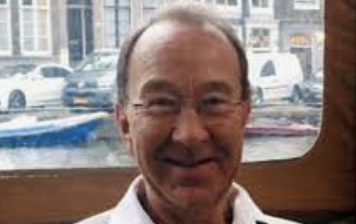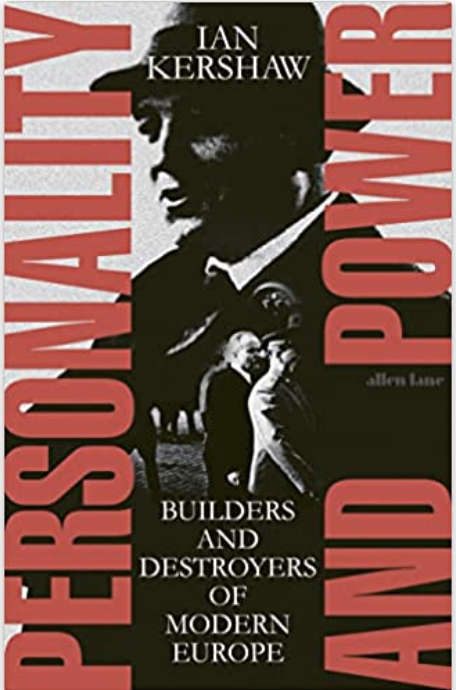
History of Great Men


After the end of the cold war, western democracies collided with the rise of a generation of autocrats and populists.
The modern era saw the emergence of individuals who had command over a terrifying array of instruments of control, persuasion and death as entire societies were re-shaped and wars fought, often with a merciless contempt for the most basic norms. At the summit of these societies were leaders whose personalities had somehow given them the ability to do whatever they wished. Ian Kershaw’s Personality and Power tries to understand these rulers, operating on the widest stage ( Lenin, Stalin, Hitler, Mussolini, or with a more national impact like Tito, Franco.
Kershaw, a long-time authority on Hitler and Nazi Germany, in a contrasting group of profiles, from Churchill to de Gaulle, Adenauer to Gorbachev, and Thatcher to Kohl used his skill to think through how other, strikingly different figures wielded power.
Vladimir Putin and Xi Jinping have been making political weather alongside Donald Trump, Recep Tayyip Erdogan, and Narendra Modi have been challenging liberal democracy from within.
All male leaders have seized power through sheer force of personality or to what extent they are opportunists seizing on a moment of political and economic dislocation.
Would Putin be in the Kremlin had it not been for Russia’s collapse into chaos during the 1990s, would Trump have made it to the White House had not anything gone globalism ended in the 2008 crash and robbed Americans of their dreams?
Thomas Carlyle, a Scottish essayist, and historian declared the past to be “ the history of the great men who have worked there”, and Karl Marx promoted a different view “Men make their own history, but not as they please, in conditions of their own choosing, but rather under those directly encountered, given and inherited”.
Vladimir Ilyich Lenin‘s role in the 1917 revolution would have been very different had not Germany assured him and some 30 fellow exiles safe passage from Switzerland to Petrograd. Churchill and De Gaulle were among the consequential leaders made by the moment. Lenin emerges as one whose successful defeat of the Bolsheviks against the Mensheviks was rooted in unshakeable certainty and unbending will. The result was an ideology that shaped the Soviet Union and divided the world for 70 years. Kershaw explains “ Lenin was borne along by the revolutionary currents of his time, but the way the revolution changed Russia and Europe is unimaginable without Lenin’s leadership”.
Adolf Hitler symbolizes the horror of his epoch in European history. Joseph Stalin’s tyrannical rule in the Soviet Union was soaked in the blood of many millions of innocents, but “Hitler was the prime mover of the most fundamental collapse of civilization that modern history has witnessed”.
Hitler, Stalin, Benito Mussolini, Francisco Franco, and the rest made their own rules. The democratic leaders of Europe’s 20th century – Winston Churchill, Charles de Gaulle, Konrad Adenauer, Margaret Thatcher, and Helmut Kohl operated within political systems that demanded leadership rooted in persuasion as much as the force of personality. Churchill’s leadership during Britain’s moment of existential peril make the greatest claim or force of personality. Mikhail Gorbachev, the leader who presided over the end of the Soviet Empire, was shaped by circumstances.
Today’s threat from Putin’s armed revisionism is real.
Personality and Power: Builders and Destroyers of Modern Europe by Ian Kershaw, Allen Lane £30, Penguin Press $30, 512 pages.
